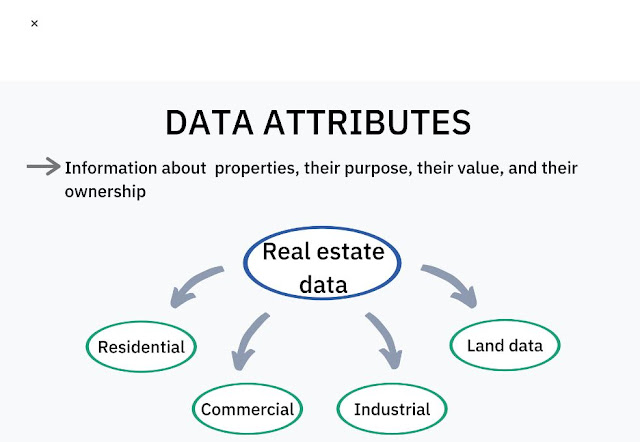The Ultimate Guide to Real Estate Data 2021 | TovoData
For businesses, real estate information can enable real estate agents to find the appropriate investor or buyer for a property. Additionally, it may inform marketing approaches, like identifying a target audience and creating campaigns suitable for this particular audience.
Property data
Land and ownership information is all about the physical characteristics of the house in question. It'll let you know whether an area of land consists of a home, several houses, farmland, or even whether it is vacant. It will also tell you about the property owners - their titles, contact information and how long they've owned the property for. So, whichever kind of property you're interested in, there's data available for you. Now let's look at the features of this property data in closer detail. Real estate investors purchase vacant land with the view of the property being used for residential purposes in the future, which reflects the value of the property significantly. we don’t just mean homes and buildings. In fact, real estate data can be divided into the following four categories:
Land and possession data
Real estate information provides you information about possessions, their goal, their value, and their ownership. It's most used by data-driven property investors so that they can make informed decisions about where to invest their money most wisely, based on real-time real estate values. There are quite a few factors that real estate data suppliers consider when compiling a property and possession database.
Residential real estate data
Residential and commercial property information can be categorized into three characteristics: land and possession data, property list data, and property demographic data: Data about properties that are designed to generate income for the owner e.g. shopping facilities, hotels and offices
Commercial property data
Data about properties that are designed to generate income for the owner e.g. shopping centers, hotels, offices
Industrial real estate data
Information about places that are designed for people to live in e.g. family houses, flats, apartments, lofts Nevertheless, it is not just investors that are making use of this lucrative tool: real estate data is handy for owners, tenants and businesses - in short, anybody who is involved in buying and selling properties. And by properties', we don't just mean houses and buildings. Actually, real estate information can be divided into the following four categories:
Which are the features of property data?
Information about buildings and areas designed for business use, to research, design, create and distribute physical products e.g. warehouses, production facilities, logistical centres, laboratori


Comments
Post a Comment